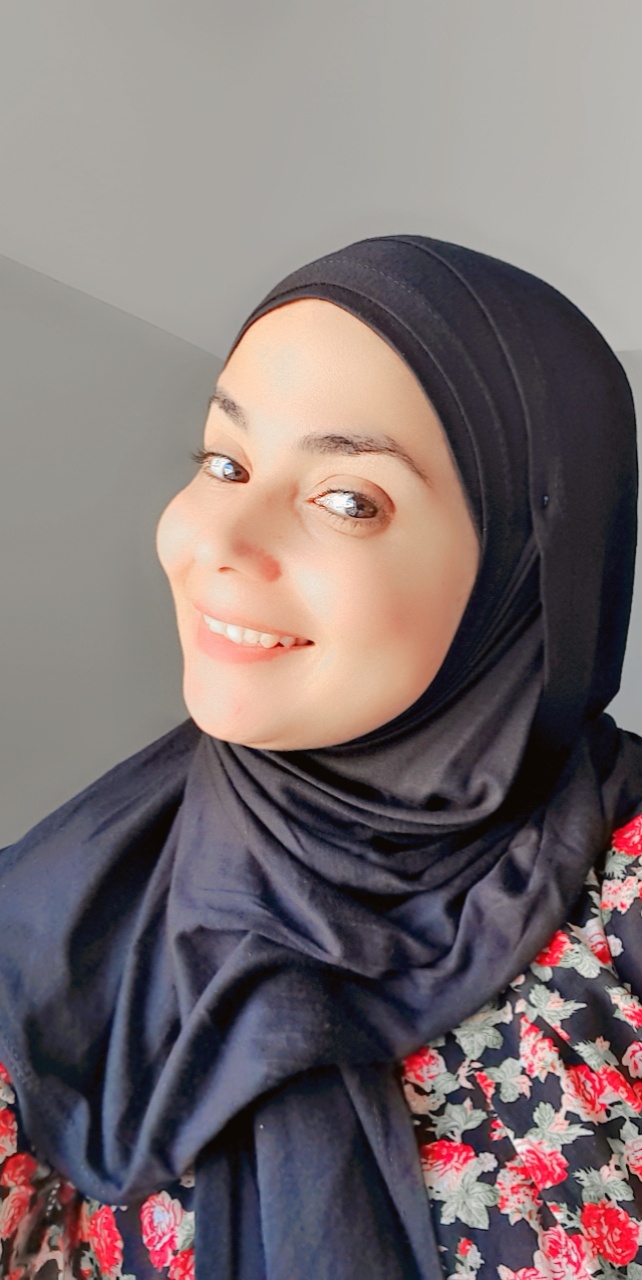 What do you remember from August 4, 2020?
What do you remember from August 4, 2020?
I remember the river of blood in the roads, the screams of the people, the broken windows and the collapsed building. I still remembered how people supported and took care of each other. After the explosion, people from all over Lebanon went directly to Beirut to support the impacted families, even though there was a quarantine. I will never forget, one of volunteers was rescuing a woman who had a severe injury. She told him that she had COVID-19 and that he need to stay away from her. But he said ‘I don’t care, I won’t leave you dying,’ and he carried her to the hospital in his arms.
How would you define the period after the blast?
The blast feels like it was yesterday. Nothing has changed for those who lost their assets and loved ones, or suffered from permanent disabilities or had remarkable scars. These consequences are not easy to forget, especially without justice for what happened. People are frustrated because of the lack of means for support and the ongoing crisis.
Over the past year, how do you think Beirut has changed?
Before the explosion, a multi-faceted crisis composed of socio-economic and health dimensions had begun. The Lebanese people were resistant, they held onto the hope that things would improve and that change would come and rescue the country.
However, when the blast took place, the resulting damage was enough to destroy this dream and take away that hope. With the remarkable, unforgettable scars and memories caused by the blast, people gave up. Many decided to close their businesses and relocate to build a better future for their children. The vibrant city turned into a city of shadows. The Lebanese people are known to be citizens who love life and are very resilient, but I think that the blast was one contributing factor that destroyed Beirut’s nightlife, festivals, joy and safety.
What do you see as the greatest need today, a year after the explosion?
In my role as Livelihood project manager, I believe that the greatest need today is to implement Livelihood projects that will support the citizens to recover and restore their businesses, to build their economic resilience. The project will help to recover the city and the markets and reignite the hope to live and invest in Lebanon.
I am not okay, I just want life to go back to normal. I want to see the vibrant Beirut, I want to see people smile. So, to put it simply, I am not okay. Yet I feel that I should be part of the change, I have to support others. We need to stand together and rebuild Beirut and all of Lebanon. We need to keep hope and stay strong to save Lebanon.





